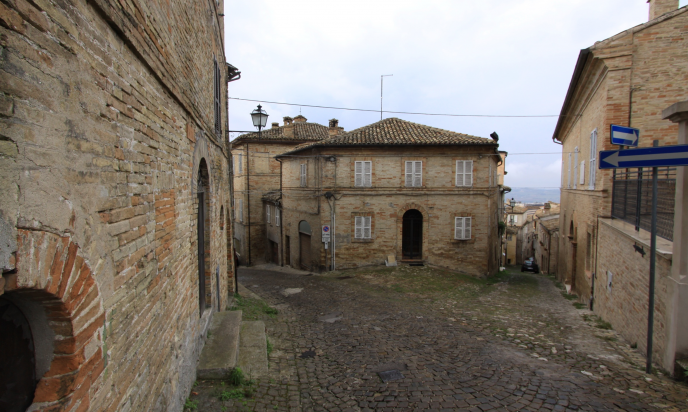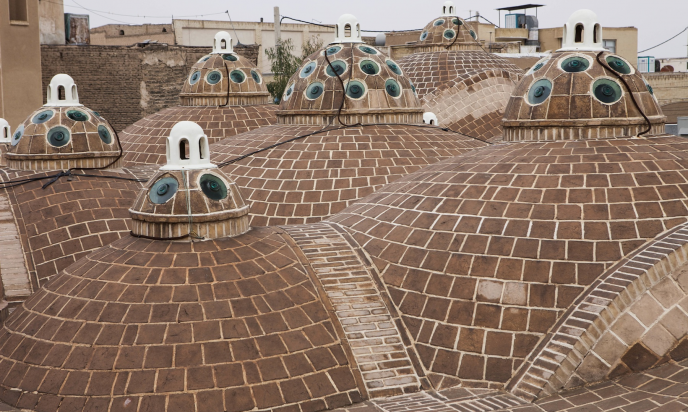UNESCO: Dean Ronghuai Huang attended "UNESCO learning cities responding to COVID-19" Webinar
date:2020-03-25 16:51author:adminsource:UNESCOviews:

Mr Henrique Lopes, of the Healthcare Sciences Institute, Universidade Católica Portuguesa, set the tone for the webinar by emphasizing that COVID-19 is a challenge that affects society once in a lifetime and that the difficulties brought to bear by the virus are wide-ranging and huge in scale. In addition to responding to the current situation, cities need to prepare local populations for a potential second wave of the virus by teaching people how to take care of themselves at home. What is needed is a radical change in behaviour – only education can make that happen, he underlined. Never before has it been so vital that educational resources are mobilized for health purposes, and that the crucial roles that lifelong learning and adult learning have in promoting health are recognized.
Beijing, People’s Republic of China
The Beijing Municipal Education Commission has, in response to the COVID-19 outbreak, promoted online learning, and parents and teachers have given more attention to the facilitation of healthy home lives for students. Additionally, Beijing Digital School has offered online courses across a variety of disciplines and levels. A major concern for cities and countries around the world is how the administration of assessments might go ahead at a time when students are at home. In Beijing, online examinations have been conducted with teachers and parents working as online and home invigilators, respectively. Beijing TV has produced a series of programmes during which representatives of the Beijing Municipal Education Commission answered questions from parents to reduce their anxiety. Finally, a Handbook on Facilitating Flexible Learning, recently published by the UNESCO Institute for Information Technologies in Education, provides a useful and timely resource.
Presentation on UNESCO learning cities of Wuhan and Beijing
Mr Ronghuai Huang, Co-Dean, Smart Learning Institute of Beijing Normal University, China

© CC BY-NC 2.0, Igor Flickr https://www.flickr.com/photos/86460508@N02/
Shanghai, People’s Republic of China
In Shanghai, online teaching started in March and the focus has been on two levels: the city and the community. At the city level, Shanghai municipality has taught local people how and where to buy masks for protection, how to get food delivered, and provided guidance for other day-to-day tasks to cope with the outbreak. Teachers have been asked to communicate with parents and students and aid the process of teaching citizens how to stay healthy and care for others. Intergenerational learning has become more important: now that children have to stay at home, family reading has become even more important. At the community level, 35 online courses have been provided by learning centres in Shanghai, while high-quality video lessons have been broadcast through TV. Community educators have played a particularly crucial role, as they have worked as volunteers to facilitate service-learning and to promote problem-solving in the community. Additionally, Shanghai Education Resource Centre has provided resources to pensioners.
Presentation on UNESCO learning city of Shanghai, China
Mr Jiacheng Li, Director, Shanghai Municipal Institute of Lifelong Education, East China Normal University
Fermo, Italy
In northern Italy, there has been a major concentration of COVID-19 cases. Most secondary schools and higher education institutions are now delivering lessons online and have adopted popular teaching tools such as Google Meeting, Zoom and Microsoft Teams. Italy’s Ministry of Education is implementing a centralized platform for online learning, even though online learning is not currently an embedded part of the Italian educational tradition. Potentially 96% of students are now reached by online teaching and other forms of distance learning, with around 83% of teachers involved in distance learning – some older teachers have struggled to adapt due to unfamiliarity with online technologies. There is less data available regarding primary schools and the city of Fermo has witnessed more difficulties in organizing alternative online learning activities for this level of education. The local city library has supported learning in the home by providing free access to all students and citizens to an online repository of newspapers, books and other written resources. Finally, an information campaign has been initiated to prevent the spread of the epidemic. The city of Fermo requested further support from the UNESCO GNLC in three main areas: free or cheap access to online learning platforms; information and policy exchange between cities on responses to the pandemic; and online tutorials and case studies for the effective use of online learning platforms.
Presentation on UNESCO learning city of Fermo, Italy
Professor Carlo Nofri, Coordinator of the Scientific Board City of Fermo

CC BY-ND 2.0, Jiaxuan
Kashan, Iran
A number of initiatives to tackle the spread of COVID-19 have been implemented in Kashan, Iran. Educational and informational programmes have been conducted by Kashan University of Medical Sciences, and television programmes have guided locals on how to prevent the virus from spreading further. One of the core messages of these programmes has been that hygiene is paramount and starts at home – an idea encapsulated by the slogan ‘Every Home – A Health Base’. In addition, awareness-raising measures have been taken in the city centre as well as peripheral areas of Kashan, including the publication of ‘We Stay at Home’ posters to encourage self-isolation.
Presentation on UNESCO learning city of Kashan, Iran
Ms Ferestheh Nouri, Municipality of Kashan, Department of International Affair

CC BY 2.0, Ninara
World Health Organization (WHO)
The UNESCO GNLC works hand-in-hand on COVID-19 issues with another thriving city network administered by the World Health Organization (WHO). The Healthy Cities network is in the process of setting up permanent or semi-permanent mechanisms to allow cities to share practices in response to the virus; particular attention is given to care and health services and ways to ensure continuity in coordinated responses to the outbreak. Beyond emergency measures following the rapid outbreak of COVID-19, WHO is now moving towards community-based measures and addressing wider issues of maintaining health promotion over a longer period of time. Attention is also given to reducing risks to communities during long periods of self-isolation by, for example, working to minimize stress and domestic violence and tackle fake news about the virus.
Debate
Following presentations by city representatives, several questions were posed by participants and a discussion took place around two main topics: the potential pitfalls of online assessment and the impact of self-isolation on students, particularly those who are more vulnerable. Several cities – including Shanghai and Fermo – explored the idea that we might need to rethink and redefine the ways in which we evaluate educational results, now that the administration of mass testing in a controlled location is unfeasible.
A number of inputs were provided on how cities can ensure the well-being of vulnerable children and account for the psychological effects of self-isolation. The city of Fermo sees importance in understanding the social impact of online learning, and the city of Manizales highlighted the importance of special support lines for depression and well-being. Bringing the discussion to a close, the city of Turin – also a member of the UNESCO GNLC – stressed the importance of technological hardware as well as software. While there is much discussion around online learning platforms, it is important to consider that there may be a lack of technological devices in many homes, meaning that several children are required to undertake online learning on the same device. This is another obstacle to overcome.

